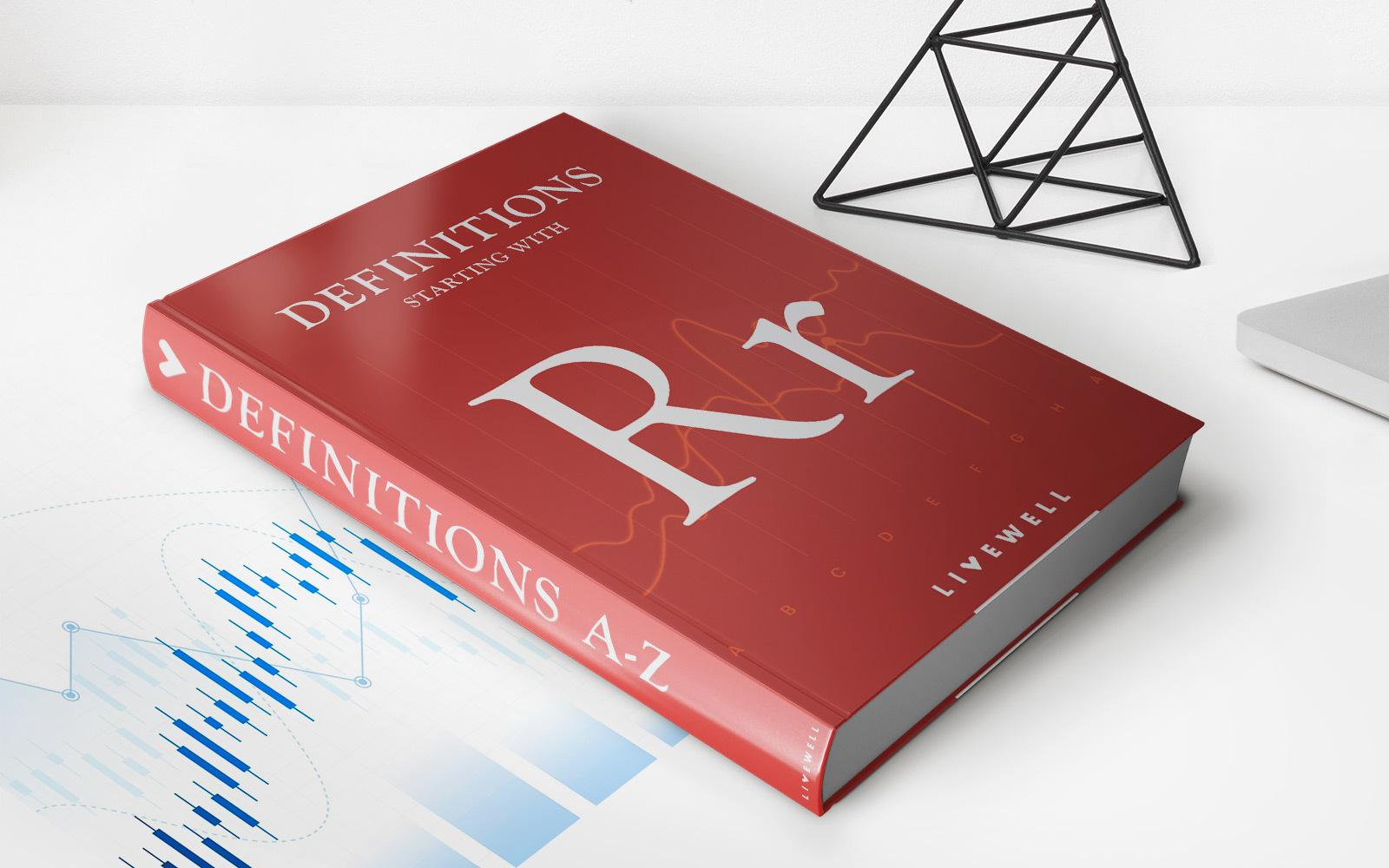

Finance
Energy Risk Professional (ERP) Definition
Published: November 18, 2023
Discover the definition of an Energy Risk Professional (ERP) in the finance industry and gain valuable insights into this specialized role.
(Many of the links in this article redirect to a specific reviewed product. Your purchase of these products through affiliate links helps to generate commission for LiveWell, at no extra cost. Learn more)
What is an Energy Risk Professional (ERP)?
The field of finance offers a diverse range of career opportunities, and one area that has gained significant importance in recent years is energy risk management. As the world continues to rely heavily on energy resources, professionals who can effectively assess and mitigate risks in the energy industry have become invaluable.
An Energy Risk Professional (ERP) is an expert in identifying and managing risk within the energy sector. They possess a deep understanding of energy markets, trading strategies, and financial instruments used in the industry. Their role involves analyzing potential risks, developing risk management strategies, and ensuring the proper execution of these strategies to help organizations navigate the complex world of energy markets.
Key Takeaways:
- An Energy Risk Professional (ERP) is an expert in identifying and managing risk within the energy sector.
- ERPs possess a deep understanding of energy markets, trading strategies, and financial instruments used in the industry.
The Importance of Energy Risk Professionals
In an era marked by increasing global energy demand, volatile prices, and geopolitical uncertainties, businesses operating in the energy sector face numerous risks that can significantly impact their operations and financial stability. This is where Energy Risk Professionals play a vital role in safeguarding the interests of organizations and ensuring their financial success.
So, why are Energy Risk Professionals so crucial? Here are a few key reasons:
- Risk Identification: ERPs have the ability to identify and anticipate risks associated with energy markets, such as price fluctuations, geopolitical tensions, supply disruptions, and regulatory changes. This helps organizations proactively manage their exposure to these risks and avoid potential losses.
- Risk Management Strategies: ERPs develop comprehensive risk management strategies tailored to the specific needs of energy companies. These strategies may include hedging techniques, portfolio optimization, diversification, and the use of financial derivatives to mitigate risks.
- Compliance and Regulatory Compliance: Energy markets are subject to various regulations and compliance requirements. ERPs ensure organizations adhere to these regulations and implement appropriate risk management practices to comply with industry standards.
- Financial Performance: By effectively managing risks, ERPs help companies enhance their financial performance. They minimize potential losses and create opportunities to generate higher profits, enabling organizations to make informed investment decisions and achieve sustainable financial growth.
Overall, the role of an Energy Risk Professional is critical in an industry that is constantly evolving and facing numerous uncertainties. Their expertise and ability to navigate market risks ensure the long-term stability and success of energy companies around the world.
If you are considering a career in finance or have a keen interest in energy markets, becoming an Energy Risk Professional could be a rewarding choice. It offers a unique blend of finance, energy, and risk management, with opportunities to work in diverse sectors such as oil and gas, renewable energy, and utilities.
Remember, in a rapidly changing world, having professionals who can effectively manage risks is essential for any organization to thrive and succeed in the energy sector.














